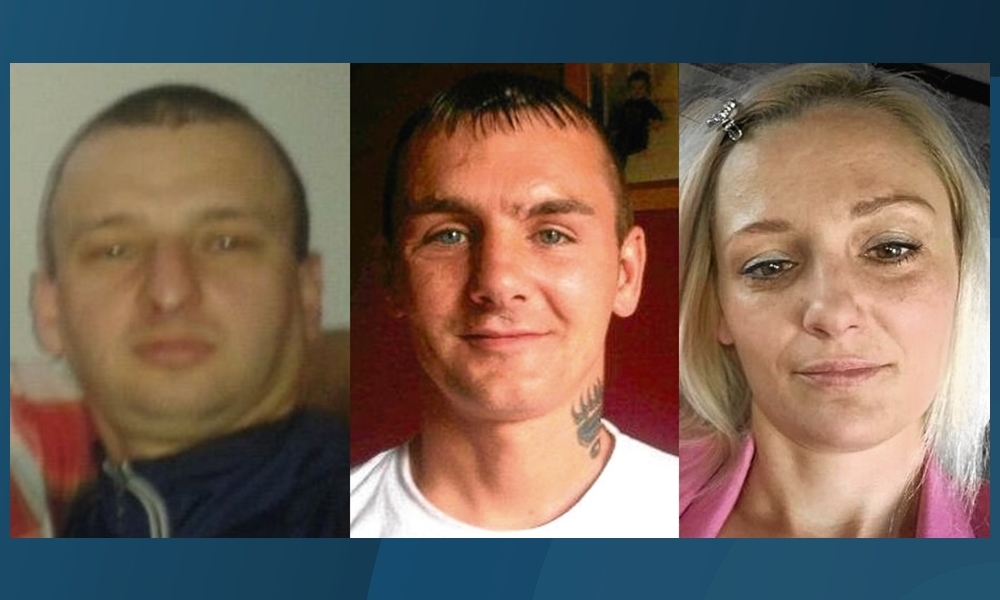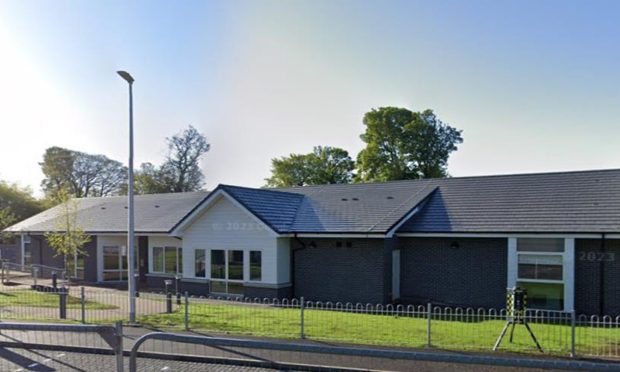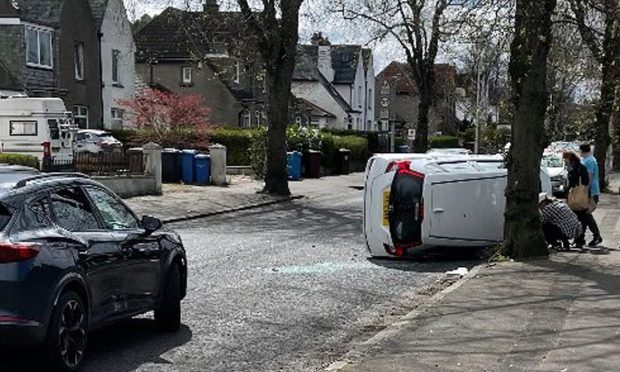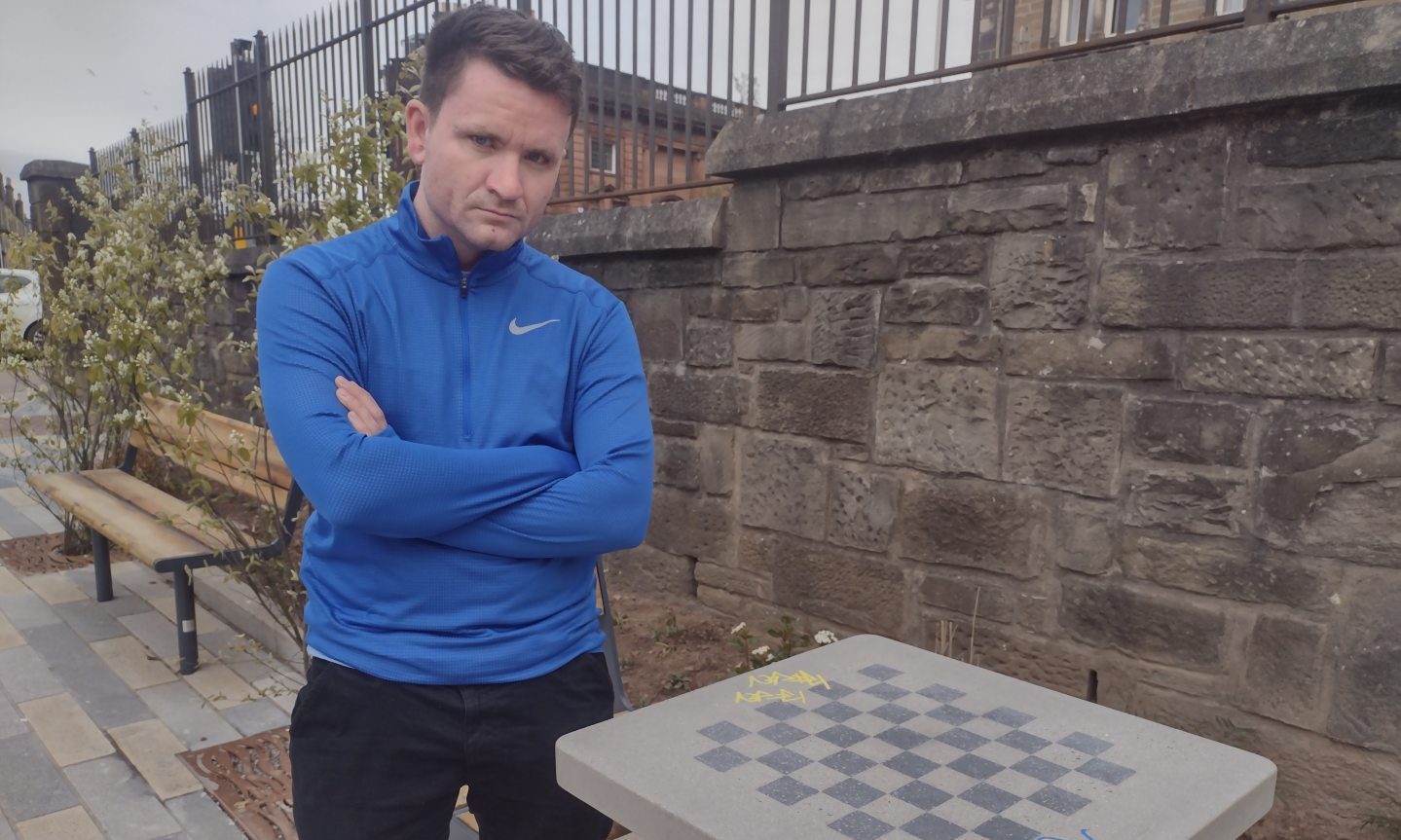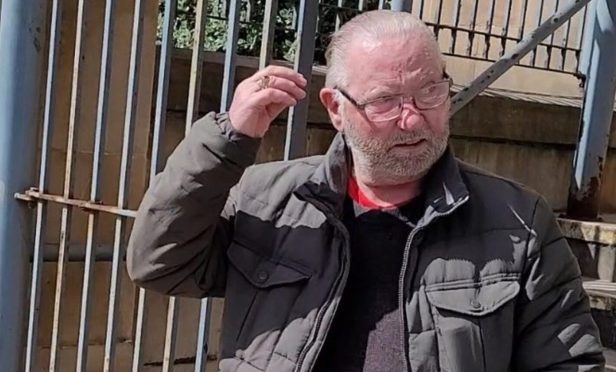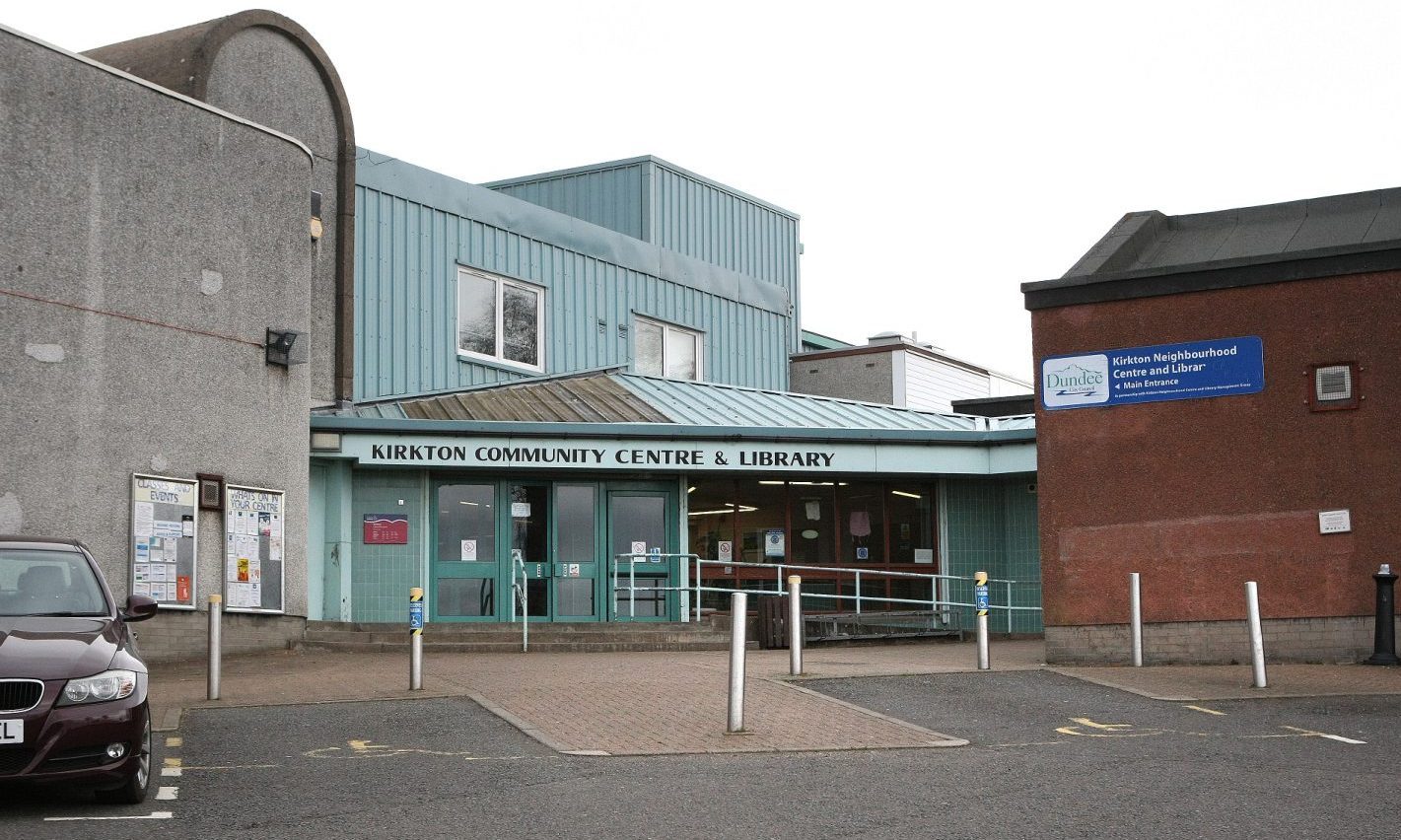Stephen Paddock locked himself in a hotel room with 23 firearms, ammunition and handwritten calculations on how best to shoot at people in a crowd.
The result was 58 people murdered and another 500 injured before he took his own life.
The near-unimaginable scale of the atrocity has reopened the debate on gun control in the US.
Satirical website The Onion, which seems less satirical the longer Donald Trump’s presidency endures, drolly re-runs the same story every time there is a mass shooting in the States.
The dates and places may change, but the headline “‘No way to prevent this’ says only nation where this regularly happens” remains the same.
Most people in the UK find it staggering that there is not more gun control in the United States.
After the Dunblane shooting, the private possession of handguns was essentially banned outright yet despite innumerable mass killings on the other side of the Atlantic, there is still resistance to changing gun laws.
It seems ridiculous to us in the UK but changing laws, even those that clearly do not work, is no easy matter.
Last year, after the murders of Ronnie Kidd and Holly Alexander, I wrote that our approach to drug laws has to change.
There is still a pressing need to address the drug problems that kill dozens of Scots every year but little serious appetite to make real change in our approach to the problem.
The pitiful deaths of Kidd, himself a father of two, and Ms Alexander aren’t counted as drug deaths because they were murdered at the hands of the maniac Krysztof Gadecki.
But it was the Pole’s desperation for heroin that led to their murders. It was Ms Alexander’s desperate need for drugs that led her to walk out on her family and into the Rosefield Street flat where, just a few weeks later, she would die.
Her estranged husband has called for the authorities to step in and, effectively, section addicts for their own good.
But the truth is that simply locking up addicts is not going to work. Addiction, whatever form it takes, is an illness and each addict will have different underlying problems and needs.
Given the scale of the problem — there have been more than 30 drug-related deaths in Dundee this year already — it is perhaps time to accept that if we cannot defeat addiction, we should take steps to minimise the harm drugs cause.
If that means taking dealers and crime out of the equation by prescribing heroin to addicts then so be it.
Just like gun control in the US, doing nothing is no longer an option.
